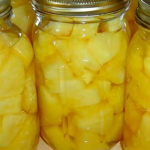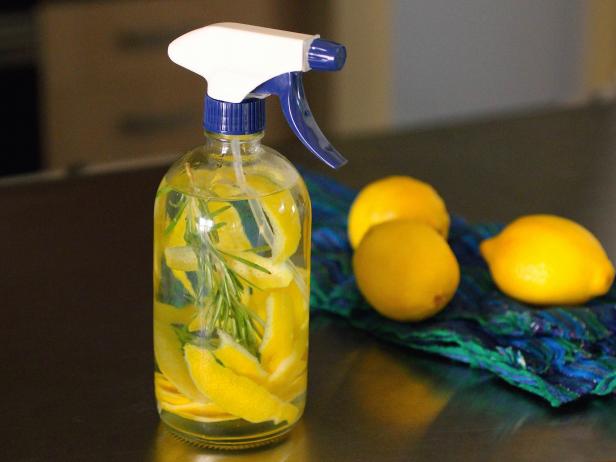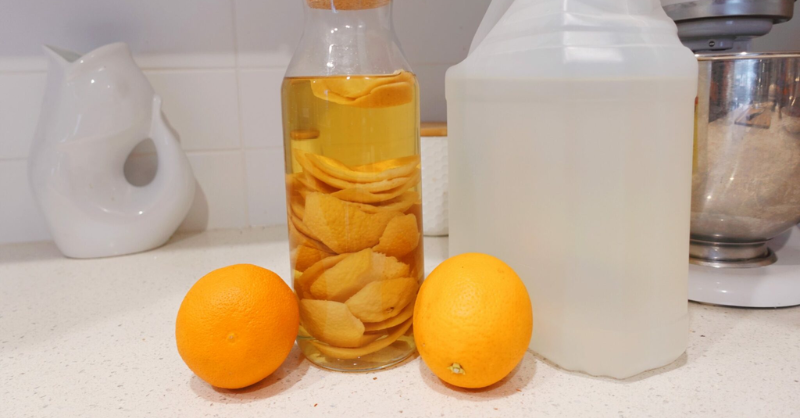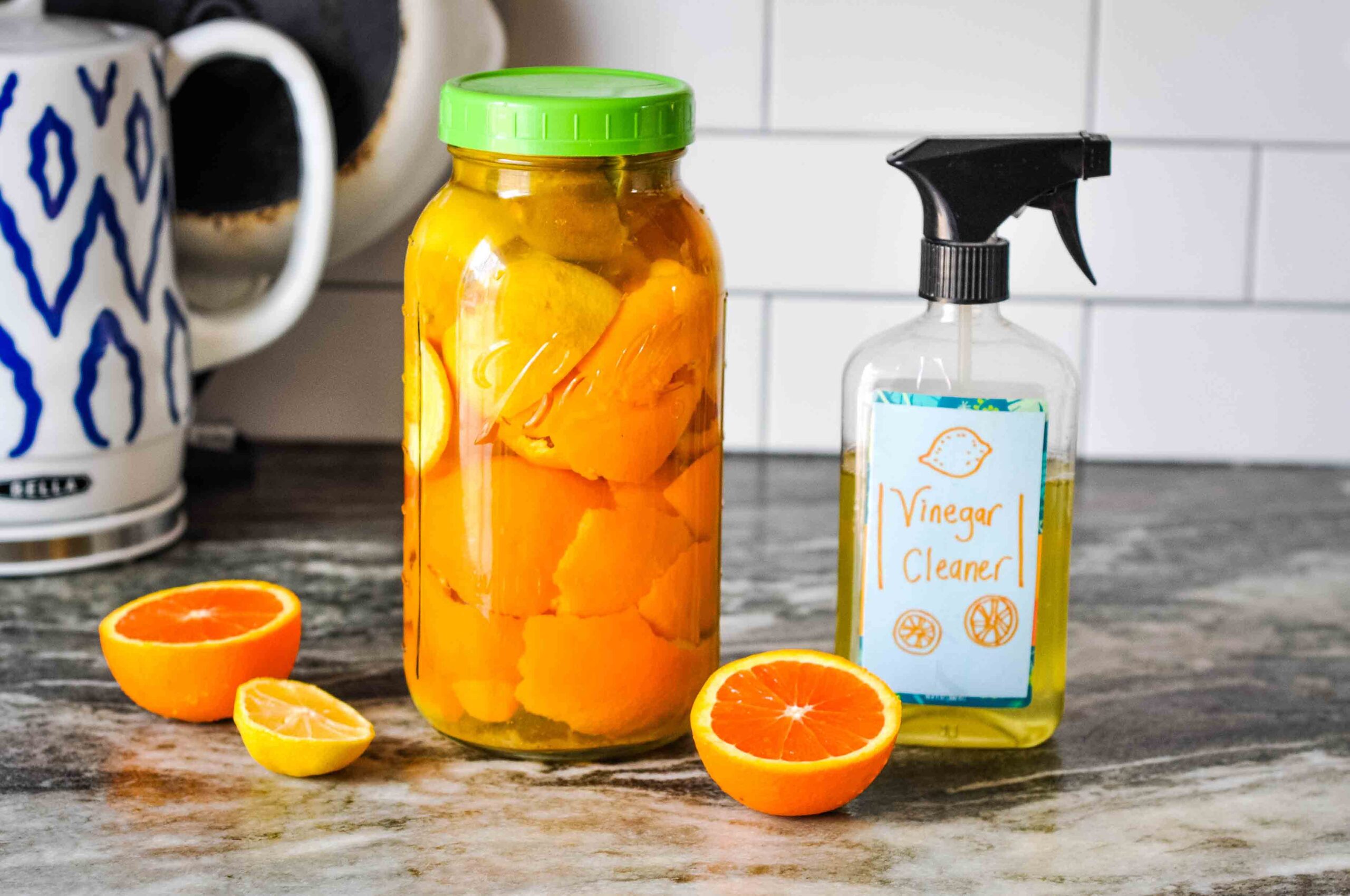Don’t discard those lemon and orange peels! Instead, transform them into a natural, effective, and fragrant household cleaner using just vinegar.
This simple and eco-friendly DIY project not only reduces waste but also gives you a non-toxic alternative to chemical-laden cleaning products. Here’s how to make your own citrus-infused vinegar cleaner.
Ingredients
- Lemon and orange peels
- White vinegar
- A large glass jar with a lid
Instructions
• Collect the Peels: Save the peels from oranges and lemons. You can collect these over several days, storing them in the refrigerator to keep them fresh until you have enough to fill a glass jar.
• Prepare the Jar: Place the citrus peels in the glass jar. Try to fill it up to halfway or more, depending on how strong you want the infusion to be.
• Add Vinegar: Pour white vinegar into the jar until the citrus peels are completely submerged. The acids in the vinegar combined with the oils in the citrus peels create a powerful cleaning solution.
• Seal and Store: Close the jar tightly with its lid. Store the jar in a dark, cool place for about 2-3 weeks to let the citrus oils fully infuse into the vinegar. The longer it sits, the more potent the cleaner will be.
• Strain and Transfer: After the infusion period, strain the liquid to remove all peels and any residue. Transfer the citrus-infused vinegar into a spray bottle for easy use. You can dilute it with water if you find the scent too strong or if you plan to use it on delicate surfaces. A good ratio to start with is half water, half vinegar.
Uses and Benefits
• Multi-Purpose Cleaner: This citrus-infused vinegar can be used to clean glass, mirrors, countertops, and more. It’s particularly effective at cutting through grease and disinfecting surfaces.
• Natural Deodorizer: The fresh scent of citrus helps neutralize odors naturally, making this cleaner ideal for kitchen and bathroom surfaces.
• Eco-Friendly: By making your own cleaner, you reduce the use of harmful chemicals in your home and minimize plastic waste from commercial cleaning products.
Tips
• Always test the cleaner on a small, inconspicuous area first to ensure it does not damage the surface.
• Avoid using vinegar on natural stone surfaces like granite or marble, as the acid can etch the stone.
This homemade citrus cleaner is not only a great way to reuse kitchen scraps but also helps you maintain a cleaner, fresher home naturally. Plus, it’s cost-effective and better for the environment.




